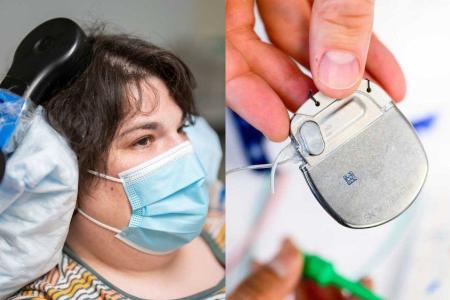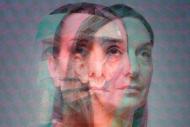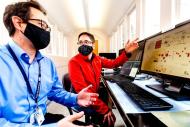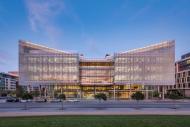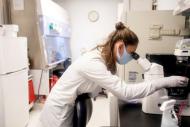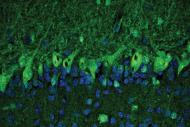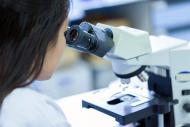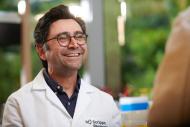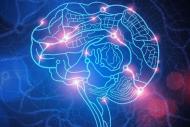An all-hands-on-deck research effort gave UCSF scientists early insight into long COVID. It also showed patients that they weren’t in the fight alone.A concerted research effort gave UCSF scientists early insight into long COVID. It also showed patients that they weren’t in the fight alone.
Exposure to UV Rays Boost Vitamin D, May Protect Against Auto-Immune DiseaseSpending time under the sun may raise the risk for skin cancer, but a new study led by UCSF and the Australian National University shows that for children and young adults, sun exposure may protect against multiple sclerosis.
Critical Clue in Spinal Cord Injury Recovery Identified by ‘Machine Learning- Assisted Cyborgs’ Linked to Improved FunctionalityA man was paralyzed from the neck down in a surfing accident. Now he can walk again. Using machine learning, UCSF researchers found that controlling blood pressure during surgery may aid in patient recovery from spinal cord injuries.
‘Beacon of Hope’ Brings Together World-Renowned Research and Specialty Care in Neurology, Neurosurgery, and Psychiatry The new Weill Neurosciences Building, designed to foster connections among scientists and clinicians in neurology, neurosurgery and psychiatry, will serve as a global destination for researchers to develop innovative treatments for intractable brain diseases.
12 Research Specialties Rank in Top 10 Worldwide, Including No. 2 for Neuroscience and BehaviorUCSF’s research has been ranked among the top in the world, according to the latest U.S. News & World Report’s Best Global Universities 2022 rankings.
UCSF-Led Study Shows Unruly Immune System May Trigger ‘Turncoat’ AntibodiesThree adolescents who had mild or asymptomatic COVID-19 developed sudden severe psychiatric symptoms. A recent study into their immune responses identifies a potential mechanism by which these symptoms emerge.
Four UCSF faculty members wer elected this year to the National Academy of Medicine (NAM), one of the highest honors in the fields of health and medicine.
This year's Nobel in Physiology or Medicine was a double win for UCSF, split between Prof. David Julius and a memorable alum, Ardem Patapoutian, a postdoc in the lab of Louis Reichardt from 1996-2000.
Discovery Points to Radically Different Ways of Treating Menopausal Symptoms A team of UCSF scientists have identified the specific neurons and signaling pathway that make sexually receptive females of many species more active at the time of ovulation.
Two new studies of the developing human brain are helping researchers reconcile a long-held debate over how the brain forms.



